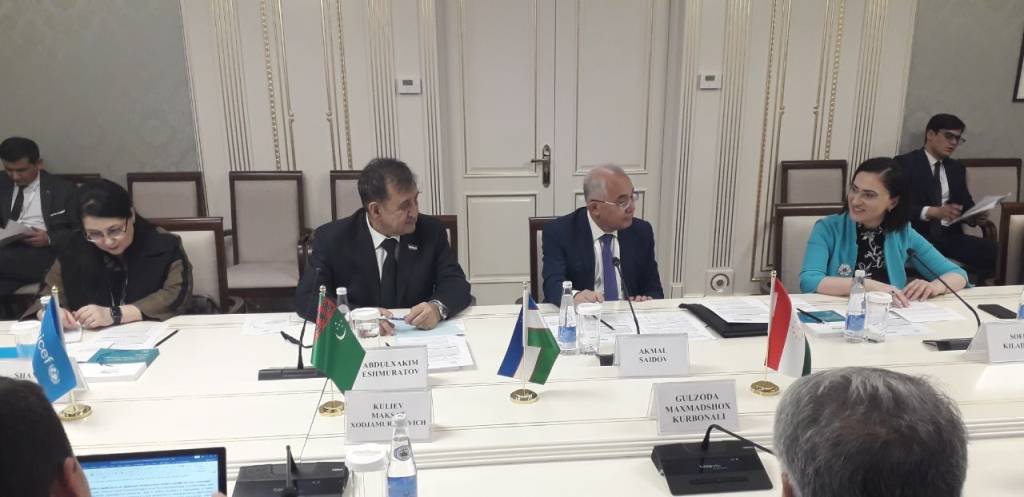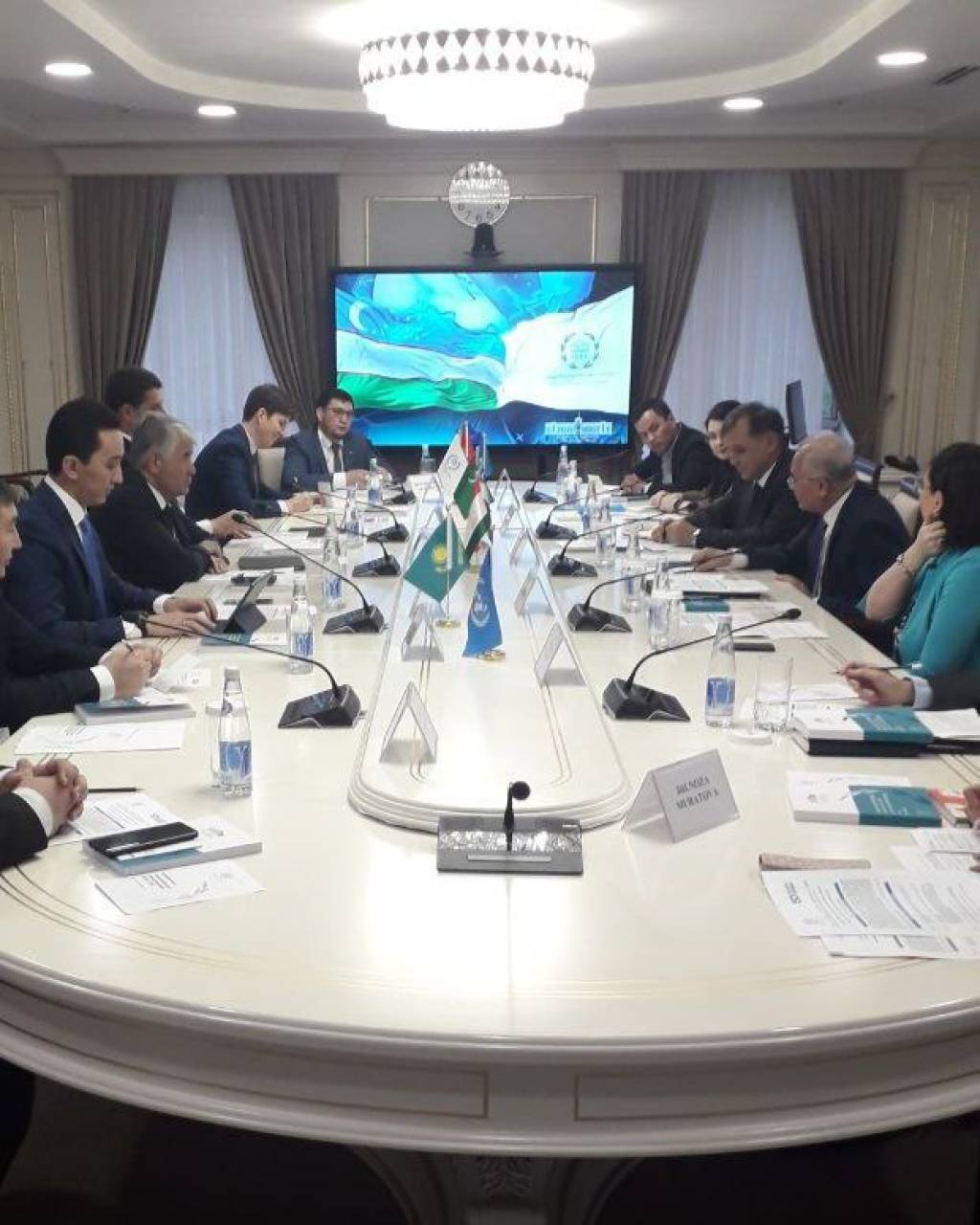
Tashkent hosted an event aimed at strengthening cooperation between the parliaments of Central Asian countries and international human rights mechanisms, as part of the 150th IPU Assembly.
The IPU organized the meeting in cooperation with the Office of the United Nations High Commissioner for Human Rights (OHCHR) and the UNICEF Office in Uzbekistan. Parliamentarians from Uzbekistan, Kazakhstan, Kyrgyzstan, Tajikistan, and Turkmenistan attended it.
The role of national parliaments in promoting and protecting human rights, particularly in the context of implementing the UN Convention on the Rights of the Child, was under discussion.
According to the Academician Akmal Saidov, member of the Legislative Chamber of the Oliy Majlis of the Republic of Uzbekistan and the UN Human Rights Committee, Director of the National Center for Human Rights, this event is of particular importance, as it unites representatives of five states of the region in discussing the role of national parliaments in the development of the human rights agenda and effective cooperation with UN mechanisms. He emphasized the importance and relevance of transitioning the parliaments of Central Asia to a sustainable mechanism for interaction on human rights issues.

“Parliament should be a point of stability in the face of global uncertainty, crises and new risks. It should be not only the center of lawmaking, but also a pillar for a citizen who seeks justice, seeks meaning and seeks protection”, A. Saidov further emphasized.
In his speech, special emphasis was placed on the importance of constructive dialogue between the parliaments of the region and international institutions, as well as the need to strengthen national mechanisms for protecting human rights in the face of modern challenges.
Sophie Kiladze, Vice Chair of the UN Committee on the Rights of the Child, made a presentation at the meeting. She emphasized the importance of interaction between parliaments and UN human rights bodies, presenting examples of successful national practices in child rights protection.
Representatives of the IPU and OHCHR informed the participants about the available resources and opportunities to build parliamentary capacity in human rights.
An interactive discussion, during which parliamentarians exchanged experiences on the implementation of international standards in national legislation, parliamentary oversight, participation in UN mechanisms, and the formation of a sustainable human rights policy, became the central part of the event.
The discussions focused on the practical implementation of the UN Convention on the Rights of the Child, strengthening parliamentary oversight in the social sphere, ensuring non-discrimination, and integrating a human rights-based approach into the lawmaking process.
The event became a significant step in strengthening inter-parliamentary cooperation and further promoting human rights in the Central Asian region.
N. Usmanova, UzA








